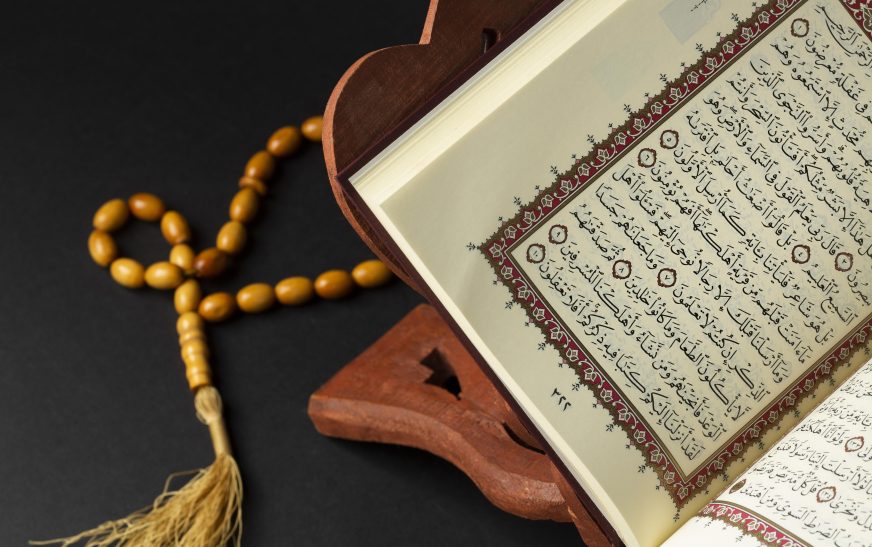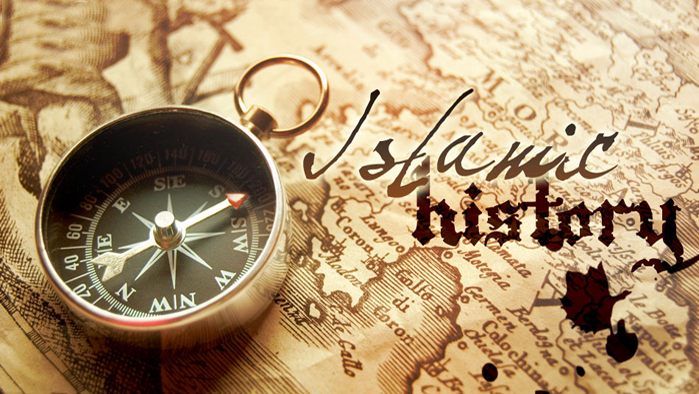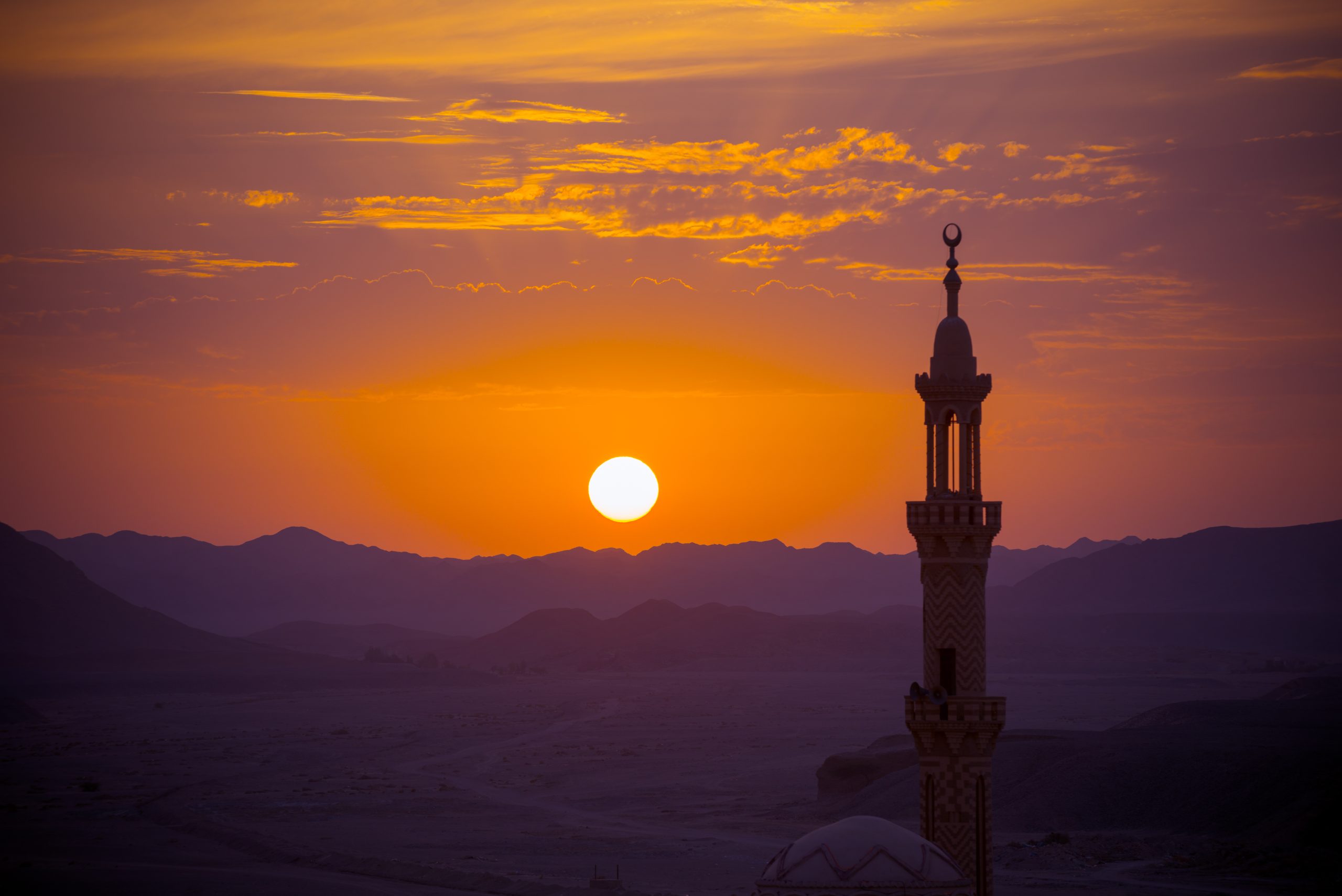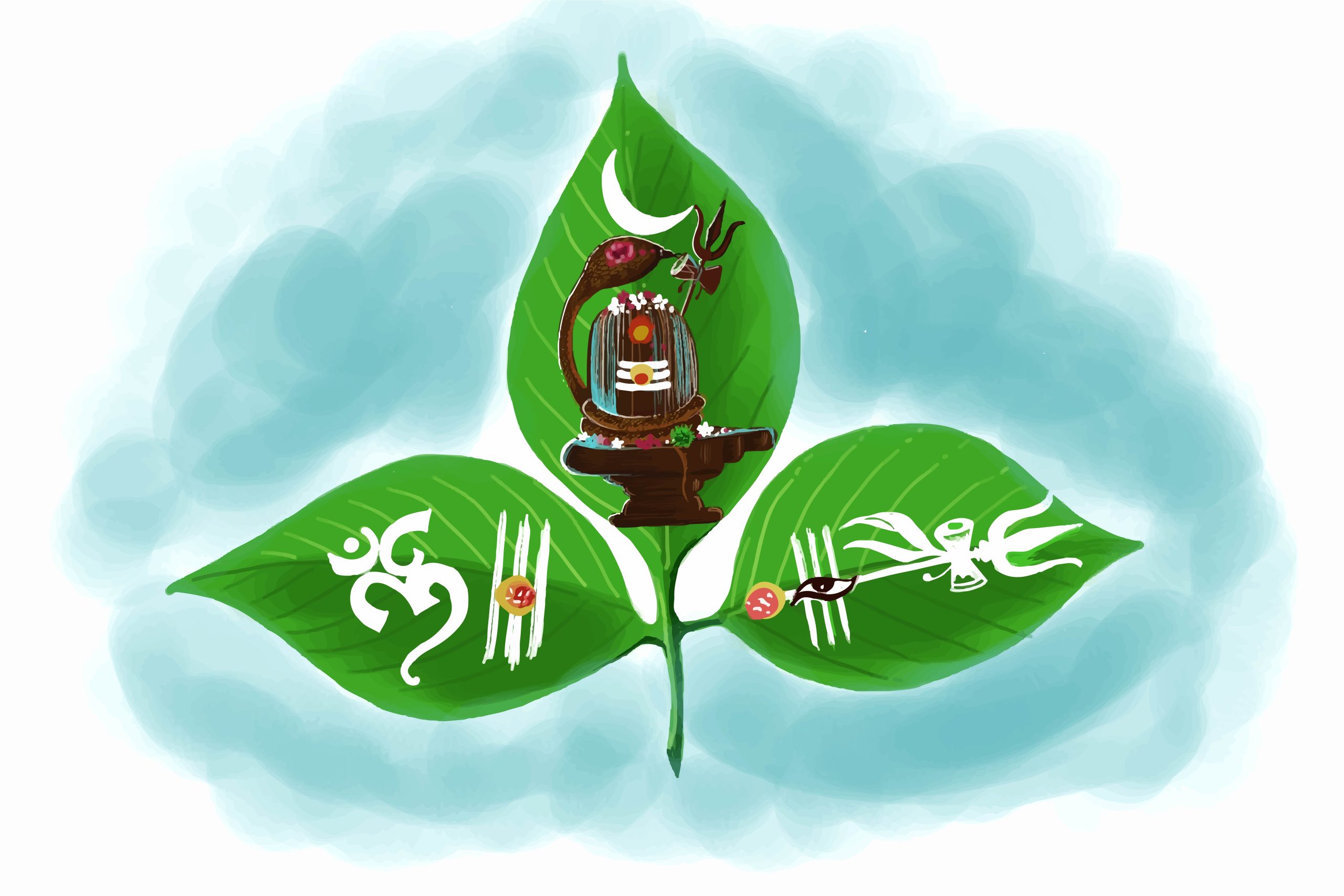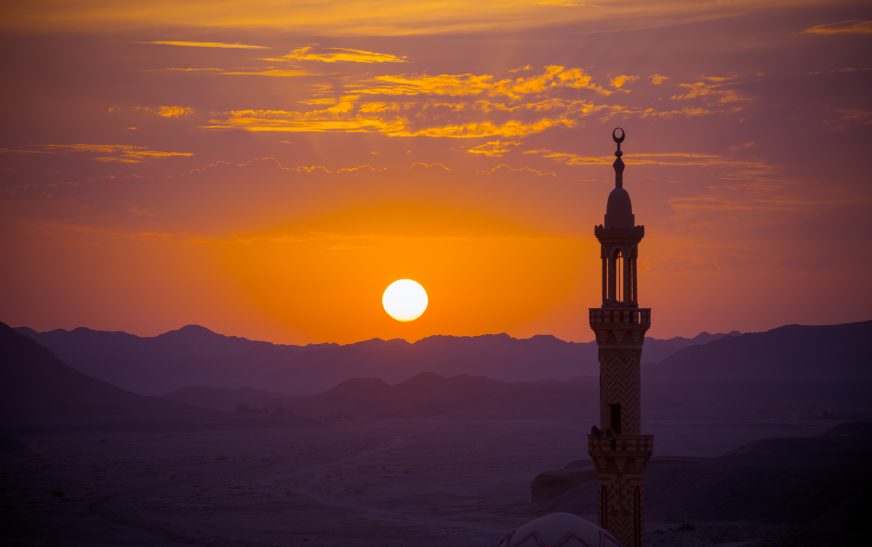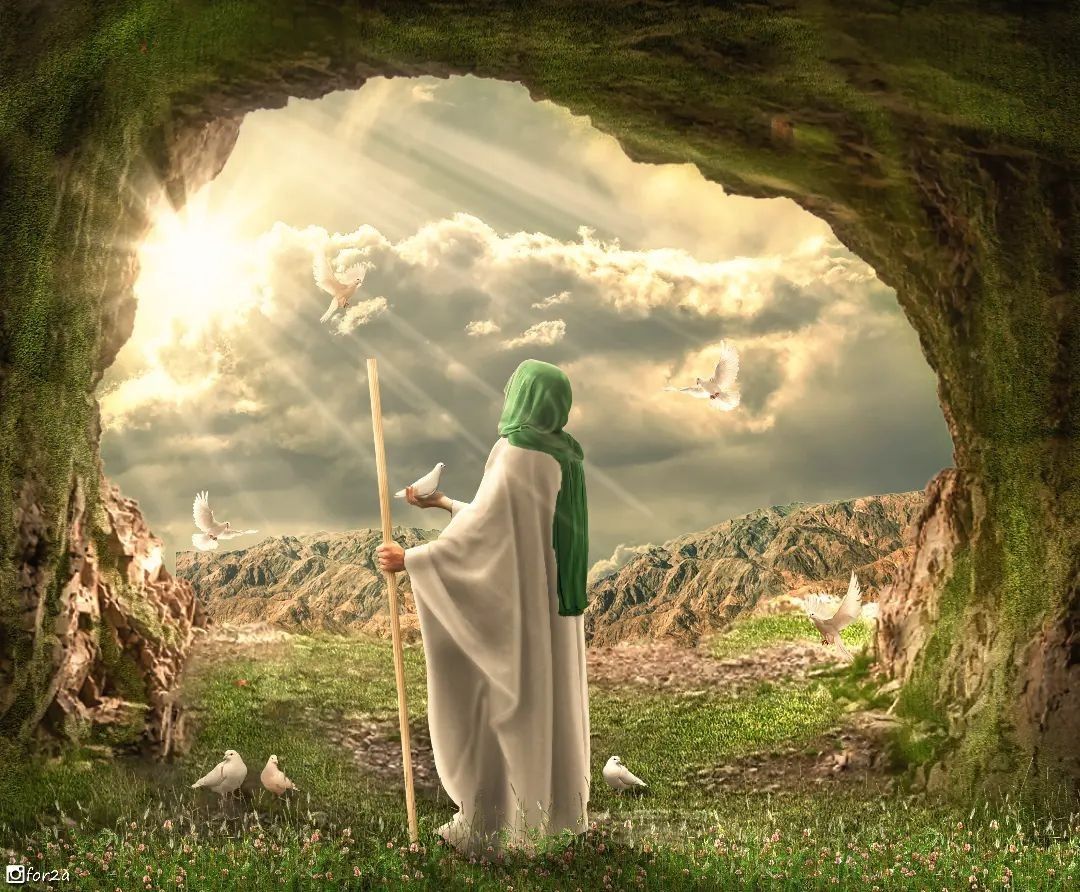Islam, as a religion, has a rich and dynamic history that spans centuries and encompasses diverse cultures, societies, and civilizations. The foundation of Islam rests upon the teachings of the Prophet Muhammad (peace be upon him) and the divine revelations he received from Allah (God) through the Angel Gabriel. Born in Mecca in the 6th century CE, Muhammad grew up amidst a society marked by tribalism, polytheism, and social inequalities. His early life was characterized by integrity, honesty, and wisdom, earning him the title of “Al-Amin” (the trustworthy) among his peers.
At the age of 40, Muhammad received the first of many revelations that would later form the Quran, the holy book of Islam. These revelations emphasized monotheism, social justice, compassion, and moral conduct, calling people to worship Allah alone and to live righteous lives. Muhammad initially shared these revelations privately, gradually inviting others to embrace Islam and join the community of believers.
Islam emerged as a distinct religious and social movement in Arabia, challenging the prevailing norms and beliefs of the time. The core beliefs of Islam revolve around the concept of Tawhid (monotheism), which asserts the absolute oneness and sovereignty of Allah. Muslims believe in the prophethood of Muhammad as the final messenger sent to humanity, continuing the line of prophets that includes Adam, Noah, Abraham, Moses, and Jesus (peace be upon them all).
Central to Islam are the Five Pillars, which serve as the foundation of faith and practice for Muslims worldwide. These pillars include:
- Shahada (Declaration of Faith): The affirmation that “There is no god but Allah, and Muhammad is the Messenger of Allah.”
- Salah (Prayer): The performance of five daily prayers at prescribed times, facing the Kaaba in Mecca as a symbol of unity and devotion.
- Zakat (Charity): The obligation to give alms to the poor and needy, calculated as a percentage of one’s wealth annually.
- Sawm (Fasting): The observance of fasting during the month of Ramadan, abstaining from food, drink, and other worldly pleasures from dawn until sunset.
- Hajj (Pilgrimage): The pilgrimage to Mecca, performed once in a lifetime by those who are physically and financially able, during the Islamic month of Dhul-Hijjah.
The Quran serves as the primary source of guidance and law in Islam, addressing a wide range of topics including theology, morality, ethics, governance, family relations, and social justice. Muslims also draw inspiration and guidance from the Hadith, which are collections of sayings, actions, and approvals of the Prophet Muhammad.
Throughout history, Islam has spread beyond Arabia to encompass diverse regions and cultures, including Africa, Asia, Europe, and the Americas. Islamic civilization flourished in centers such as Baghdad, Cordoba, Cairo, and Istanbul, contributing to advancements in science, medicine, mathematics, philosophy, literature, and the arts.
The diversity within Islam is reflected in its various schools of thought (madhabs), theological perspectives, cultural practices, and interpretations of religious texts. Despite differences, Muslims share a common faith, creed, and sense of belonging to the global Muslim ummah (community).
Islam has also faced challenges and controversies throughout its history, including internal conflicts, sectarian divisions, political disputes, and misinterpretations of religious teachings. However, the core principles of Islam, including peace, justice, compassion, and mercy, continue to guide Muslims in navigating contemporary issues and contributing positively to society.
Overall, the history of Islam as a religion is a testament to its enduring impact, resilience, and adaptability in addressing the spiritual, moral, and social needs of diverse communities across the world.

